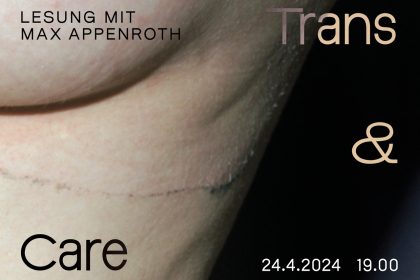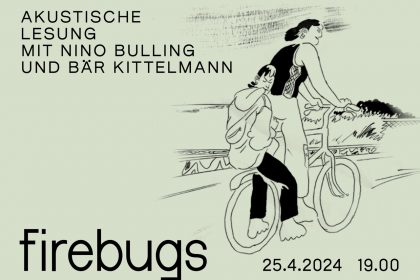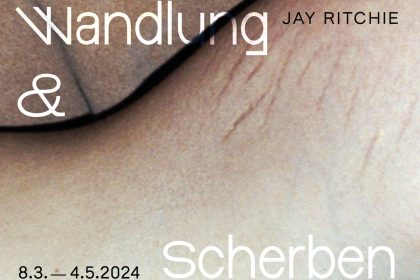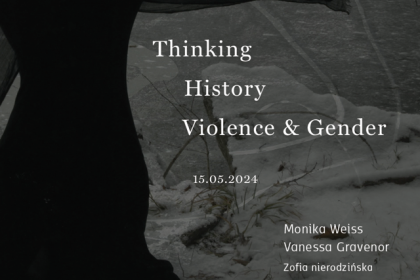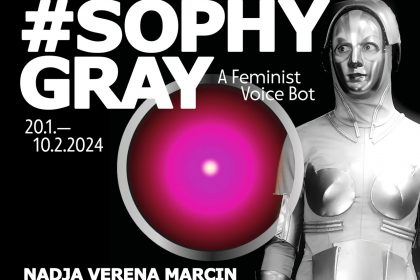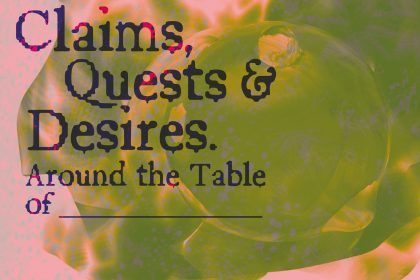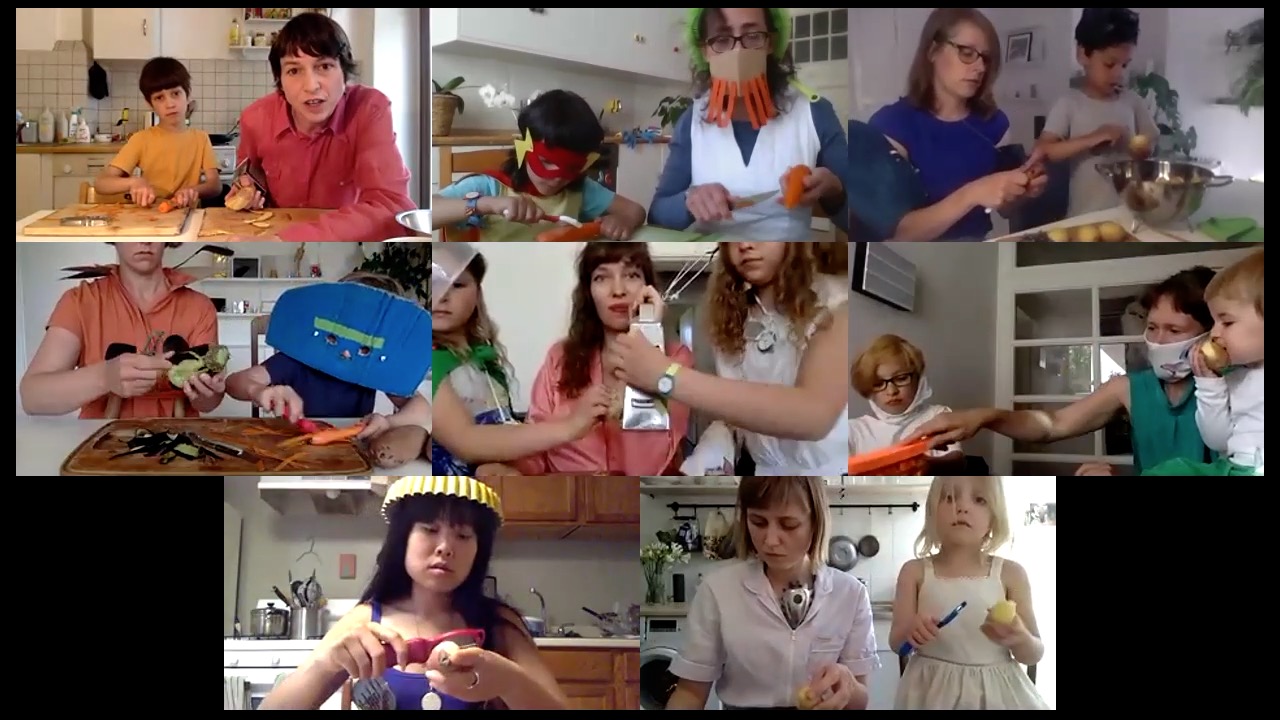
Film Still, Love and Labor. Intimacy and Isolation. Care and Survival (2020), Maternal Fantasies
Link to film
Love and Labor. Intimacy and Isolation. Care and Survival. A performance between mothers and children in a state of lockdown by and with Maternal Fantasies 2020.
Commissioned by M.1 Arthur Boskamp-Stiftung and Haus der Kulturen der Welt for the 4th edition of the New Alphabet School on Caring (co-curated by Sascia Bailer, Gilly Karjevsky and Rosario Talevi).
www.hkw.de/en/programm/projekte/veranstaltung/p_168755.php
3 questions to Maternal Fantasies
What was your motivation to involve your children in your artistic work and what opportunities does this offer for a feminist and critical artistic practice?
Responding to the second wave feminist mantra “The Personal is Political,” we add that “Motherhood is not Personal”. We consider the maternal to be lived experience, a social position from which to speak, and at the same time, a political, scientific and artistic practice. This second reading embraces the existence of caregivers who are men, transgender, two-spirited, and non-binary.The maternal encompasses the full array of human identities, expanding along with our imaginations and senses of selves. For us to include the children into our art practice is simultaneously a feminist statement, a pragmatic choice and a loving commitment.
In our experience, Western neoliberal, capitalist society fragments the individual into separate roles and identities according to the functions performed. Hereby, the work identity is favoured as being professional and autonomous, whereas the identity of the mother is overburdened with undervalued, unpaid tasks and duties. Second, children are not welcome not just in the art world, but in any professional field in Germany. They are excluded from any political participation and neglected in decision-making processes. This was epitomized even more clearly during the current COVID-19 pandemic, in which children were defamed as spreaders of the virus (“Virusschleudern”) and “locked up” into the personal sphere with no rights, but given many newduties when it came to independent homeschooling and demands to cooperate in order to not distract the working parents in their home offices.
We have noticed this dichotomy early on and recognized it as an omnipresent problem. Becoming mothers at an early stage of our careers, it became almost impossible to reconcile these two personalities and to maintain an active art practice and career while being mothers. For practical reasons (simply not being able to afford babysitters nor wanting to outsource childcare on a weekend), we included them right from the beginning of our collective journey. Thereby our children befriended each other and played together, while we discussed and shared our artistic practice, research and experiences. Later on, they became active participants or even collaborators and authors contributing to our artistic working process. Through their presence, we realized the importance of merging the maternal aspect of our identity with our artist identity. Individually, this was a kind of healing journey, transforming from human being with scattered aspects into becoming our whole selves through a collective but individual restorative process.
Traditionally speaking, motherhood has no space in an art world that still fetishizes the young, innocent female muse while glorifying the freaky, bohemian male artist genius. As a collective, we wanted to challenge this conception which excludes and eliminates a significant part of our new-born identity. On another note, the participation of our children provokes new thoughts and leads us to new questions, methods and fruitful challenges when we work together. Often, the children interrupt the imagined visual perfection (e.g. an image we want to stage) and suspend our prospective working process with their questions, ideas, demands and needs. This pushes us to re-examine our pre-planned ideas, to embrace and even to cherish and accept these interruptions as a gift and to treasure the artwork in a defolding state. Working with and alongside children is a transformative process, and our practice with them is growing, altering and changing like we all are with time.
How has Corona changed your cooperation in a practical sense, but also in terms of the experience that issues like “care work” and “motherhood” have become more socially focused due to the pandemic?
We had to change our way of working very much as we have not been able to physically meet together as a group with our children since March 2020. The Corona period has nevertheless brought us closer to each other, because we have cultivated a practice of weekly online meetings in which we develop ideas, perform collective automatic writing exercises or creative tasks, and discuss the current projects. In a lockdown situation, meeting regularly on a weekly basis is already a kind of self-care structure. In that sense, our individual homes have become backdrops for our online meetings andstages to perform in (like in our online performance “Love and Labor. Intimacy and Isolation. Care and Survival”). Thus, through the lockdown, we bring along our intimate living spaces, not just ourselves as we used to. Additionally, we have become each other’s social support system and share strategies in coping with the new expectations of multitasking due to the unfolding Corona lockdown measurements.
In what way and with what focus would you like to continue working in a hopefully soon post-COVID time?
We intend to expand upon the concept of the maternal further towards “caring coexistences” and want to explore maternal experience as part of nature and not separate from it. We propose an “aesthetics of care” as the basis for inter-species coexistence in order to maintain, continue and repair our “world”. Now, we want to implement it as a tool to bring us closer to the `more than human worlds` and to enter a new realm of life that matters. We will explore “aesthetics of care” within a framework of new residencies and collective artist projects in collaboration with our children. In the upcoming summer, we hope to construct a space for analogue Human-Plant-FluidEnvironment Interactions as part of the floating university residency, for which we are currently finalists. The public jury decision event will be on the 18th of February at 6pm. We would be happy if you would like to join our online presentation. Fingers crossed!
Maternal Fantasies is an interdisciplinary group of international artists and cultural producers based in Berlin. We shape the discourse on motherhood and the politics of care through collective artistic processes while enhancing the visibility of contemporary intersectional-eco-feminist positions. From writing autobiographical responses to classic feminist texts to devising performances using children’s games, our multi-media art practice favors inclusive community-oriented experiments as alternatives to tradi- tional hierarchies of art production. Bridging theory and practice, our strategy transforms research on motherhood(s), earth care and care work into frameworks for immersive modes of critique. We integrate rotational authorship and tools of collective care in our mode of production, opening up the artistic process for (our) children to participate in.
Current members of MATERNAL FANTASIES are Aino El Solh, Hanne Klaas, Isabell Spengler, Lena Chen, Magdalena Kallenberger, Maicyra Leao and Mikala Hyldig Dal.
MATERNAL FANTASIES are recipients of the Artist Advancement Award 2019/20 of the Arthur Boskamp-Stiftung. www.maternalfantasies.net


